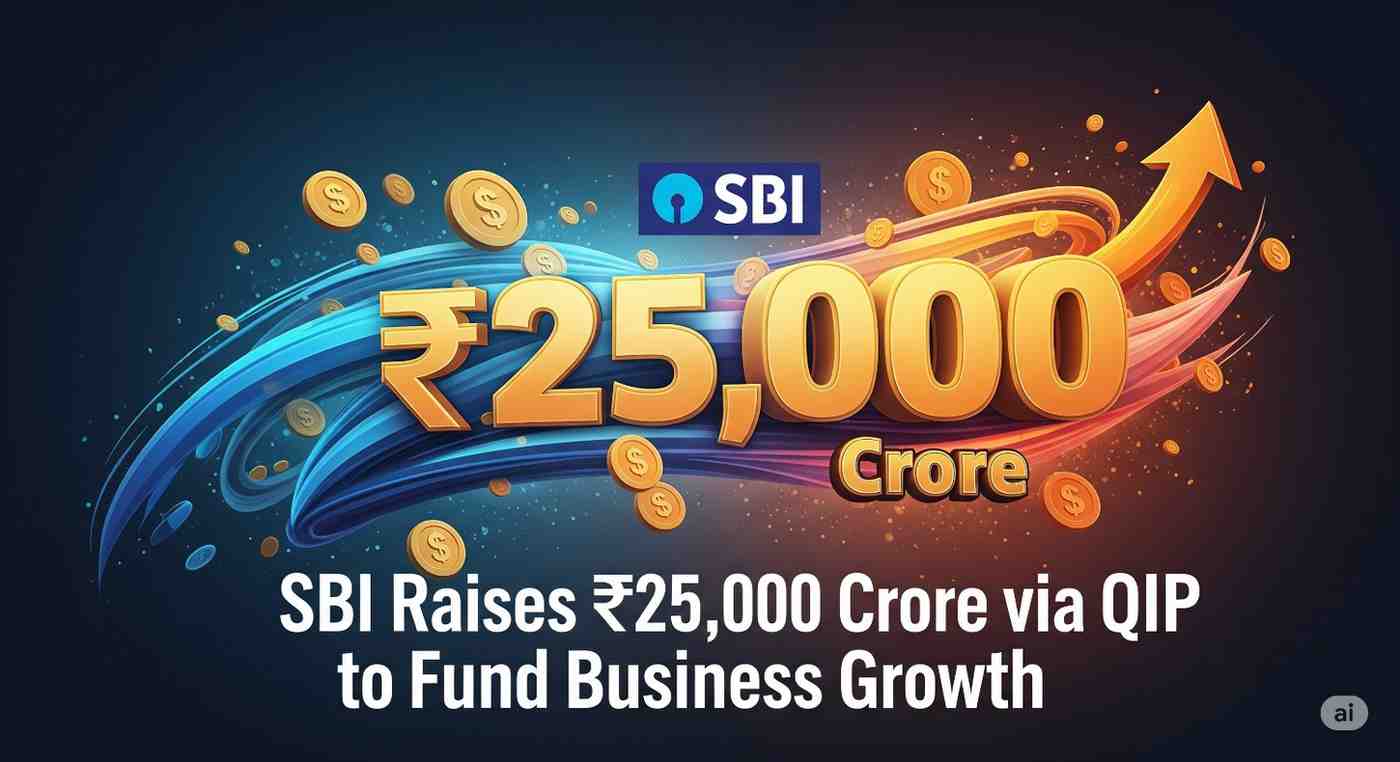-
Algos
-
Stocks
-
Trading
-
Strategies & Arbitrages
-
Mutual Funds
Have you ever wondered where your shares are actually stored when you buy them? The answer is with a depository, and India has two main ones. You have probably heard of CDSL, which had a blockbuster stock market debut a few years ago.
Well, now its bigger, older sibling, the National Securities Depository Limited (NSDL), is getting ready to go public.
Backed by major players like IDBI Bank and the National Stock Exchange (NSE), NSDL is planning to launch its much-awaited Initial Public Offering (IPO) for public subscription between July 30 and August 1. This is a big deal for the Indian stock market, and here is what you need to know, explained in simple terms.
Think of NSDL as a "bank for your shares." When you buy stocks, they are not held in a physical form but as electronic entries in your demat account. NSDL is one of the two institutions in India that manages and safekeeps these electronic records.
Founded in 1996, NSDL was the pioneer of the dematerialization of securities in India, a move that completely transformed our stock market, making it faster, safer, and more efficient. As of the end of 2024, NSDL stands as the largest depository in India in terms of the number of companies registered with it and the total value of assets held under its custody.
NSDL is looking to raise around $463 million (approximately ₹4,000 crore) through its IPO. The company is targeting a valuation in the range of $1.85 billion (approximately ₹16,000 crore).
It is important to note that this IPO is a pure Offer For Sale (OFS). This means the company itself is not raising any new money for its own business expansion. Instead, some of its existing, large shareholders are selling their shares to the public.
The main sellers in this IPO are some of the biggest names in Indian finance, including: - IDBI Bank - The National Stock Exchange (NSE) - State Bank of India (SBI) - Union Bank of India
This brings us to a very important question.
The reason for this sale is not a lack of confidence in NSDL's future. It is a matter of regulation.
According to the rules set by the Securities and Exchange Board of India (SEBI), a single entity is not allowed to own more than a 15 percent stake in a market infrastructure institution like a depository.
Currently, IDBI Bank owns over 26 percent and the NSE owns 24 percent of NSDL. This IPO provides them with the perfect opportunity to dilute their stakes and comply with these regulatory norms.
Once NSDL is listed, it will be the second depository services company on the Indian stock exchanges. Its only listed peer is the Central Depository Services Limited (CDSL).
CDSL had a phenomenal market debut back in 2017. Its IPO was oversubscribed a whopping 170 times, and its stock price has surged by an incredible 961 percent in the last five years. This has set a very high expectation for the NSDL IPO.
While NSDL is the larger of the two in terms of asset value and institutional clients, CDSL has a much larger base of retail demat accounts. It will be very interesting for investors to watch how these two giants compete in the public market.
The NSDL IPO is a rare opportunity for retail investors to own a piece of the foundational infrastructure of the Indian capital markets. The company is a market leader with a strong track record and consistent financial growth.
The anchor book for the IPO is already shaping up to be a solid one, with strong interest expected from top mutual funds and foreign institutional investors (FIIs).
As with any IPO, it is important to do your own research and consider the valuation carefully. However, given the company's strategic importance and the past performance of its only peer, the NSDL IPO is certainly one of the most anticipated market events of the year.
For more market analysis and insights into upcoming IPOs and the global economy, you can follow us at TheAIBull.com.

NSDL's upcoming IPO is priced at a steep 22% discount to its grey market value. Find out why the company chose a lower price and what it means for you.

India's eight core industries grew 1.7% in June 2025, a 3-month high. While steel and cement saw strong growth, coal and electricity contracted.

State Bank of India (SBI) has raised ₹25,000 crore through a QIP. Learn about the details of the share sale, LIC's investment, and what it means for the bank.

SEBI has issued a draft circular proposing significant changes to the categorisation of mutual fund schemes. Find out what this means for investors.

Discover why the Nifty fell below the key 25,000 mark and what investors are watching next as heavyweights like RIL and HDFC Bank prepare to report earnings.

Discover why weak Q1 earnings, FII outflows, and trade deal concerns are putting pressure on the Indian stock market.
